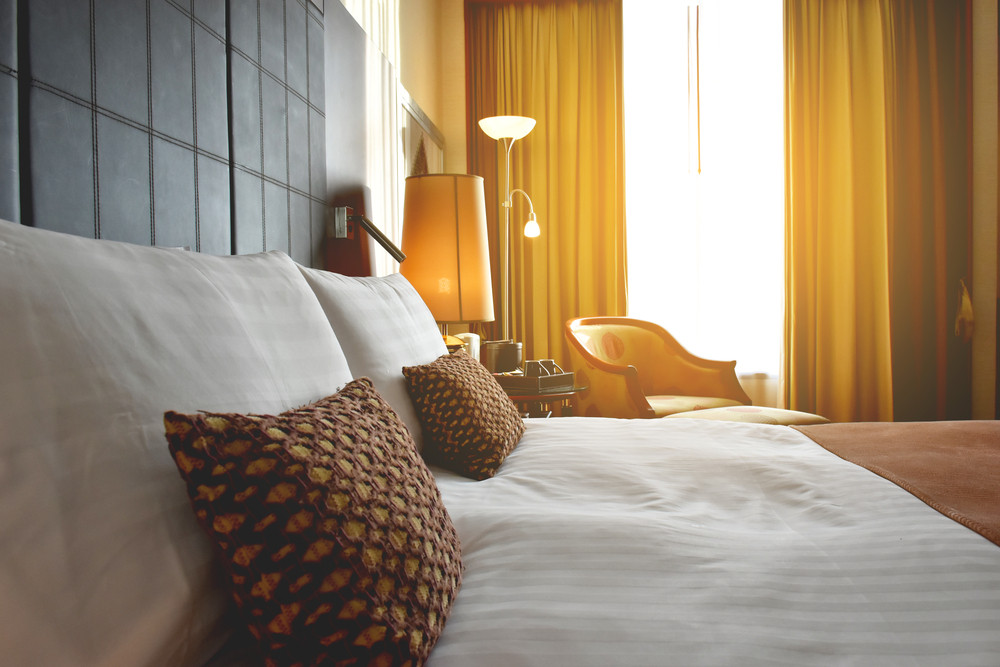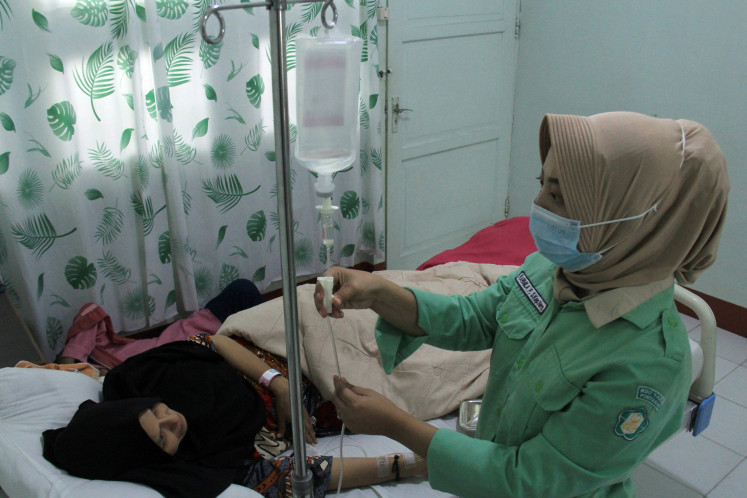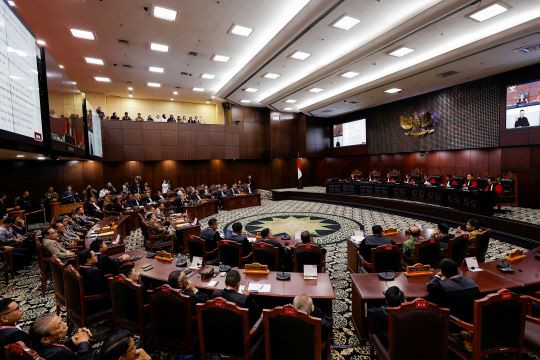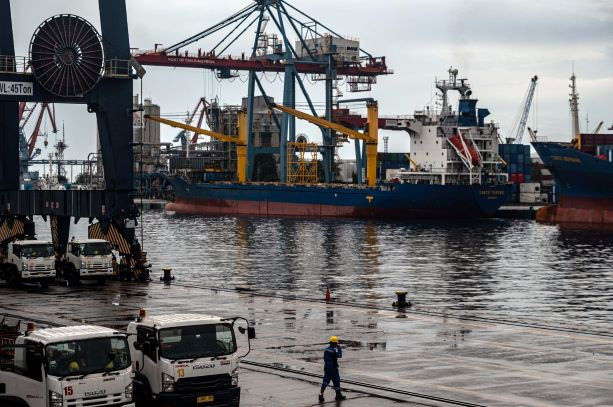Mid-tier hotels the future of hospitality: Veteran hotelier
Mid-tier hotels should smartly position themselves in terms of products and pricing to stay ahead of the game, according to a veteran hotelier.
Change Size
 Mid-tier hotels should smartly position themselves in terms of products and pricing to stay ahead of the game, according to a veteran hotelier. (Shutterstock/File)
Mid-tier hotels should smartly position themselves in terms of products and pricing to stay ahead of the game, according to a veteran hotelier. (Shutterstock/File)
A
s customers are becoming spoiled for options in terms of easily accessing accommodation services via their smartphones, 3 to 4 stars hotels will serve as the future of hospitality, said veteran hotelier Cetin Sekercioglu during a recent interview with The Jakarta Post in Jakarta.
"I think mid-tier hotels will be the key for the future when it comes to demand generation, because 60 to 70 percent of the population is mid-tier. They will be looking for hotels in the mid-tier segment: 3 to 4 stars," said Sekercioglu, who has over 30 years of experience in the hospitality industry and currently serves as co-founder and CEO of Singapore-based online travel platform Upgrading.cc.
However, mid-tier hotels should smartly position themselves in terms of products and pricing to stay ahead of the game, he added. "If they have the right product, I don’t mind staying at a 4-star hotel."
Sekercioglu stressed that hotels could not continue designing cookie-cutter hotel rooms. "They have to really consider having specially designed rooms for families and business travelers. Family rooms might be a popular [option] in the future."
The former executive vice president of Shangri-La Hotels and Resorts and president of Millennium & Copthorne Asia, Sekercioglu said he had different expectations when traveling for business and pleasure.
"What are the important points for a business traveler? First of all, [the hotel] must be very clean. The shower has to work, air conditioner has to work, Wi-Fi must be very fast, some international TV channels are available, the mattress bed must be comfortable," he said. "Meanwhile, when you travel with your family, you look for a kitchen, some cooking facilities, sometimes washing facilities."
Amid the rise of digital disruption in the hospitality industry, Sekercioglu said that hotels had to be focused on customer-driven ideas, because at the end of the day, it is about satisfying the customers, who today are becoming more impatient, more curious, want everything instantly, want more experiences and want everything to be nicely displayed.
"It is very important to see things from the customers’ perspective; what really attracts them to either book or to buy or to use?"
Read also: What makes Bali hotels so popular among luxury travelers?
"Disruptive technology trades off between cost and quality or cost and convenience, so it means that consumers must find a great value in your product or services, so that [they will say], 'I don’t mind paying more, but I’m satisfied.'"
The services offered by Upgrading.cc are said to have disrupted the hospitality industry's traditional upselling methods that are done at the front desk and during check-in. As the name suggests, the platform allows customers to compare and book their preferred upgrades before checking in at a hotel, enjoy more benefits when staying in club rooms or suites, and receive email notifications whenever the hotel has a special upgrade available.
Launched just last year, Upgrading.cc targets tourists and the retail segment in Southeast Asia. "Asia is actually more advanced in terms of doing bookings online compared to the United States and Europe. According to a Google representative, up to 76 percent of online bookings were made in Asia; meanwhile, in the US, it was 51 percent."
Shangri-la, Kempinski, Marriott, Dorsett and Nilamani are said to be among the company's current clients. "We are very new, but I think by the end of Q1 [2019] we’ll have 100 hotels [as clients]," said Sekercioglu, adding that the response from customers – mostly locals – was very positive and that one of its first hotels was located in Bali.
"Obviously, because our technology is new, we have to spend time to explain things. This is a totally different way of doing business, so we call it tomorrow’s technology for emerging markets, which are Southeast Asia and China, and Japan," Sekercioglu said.






